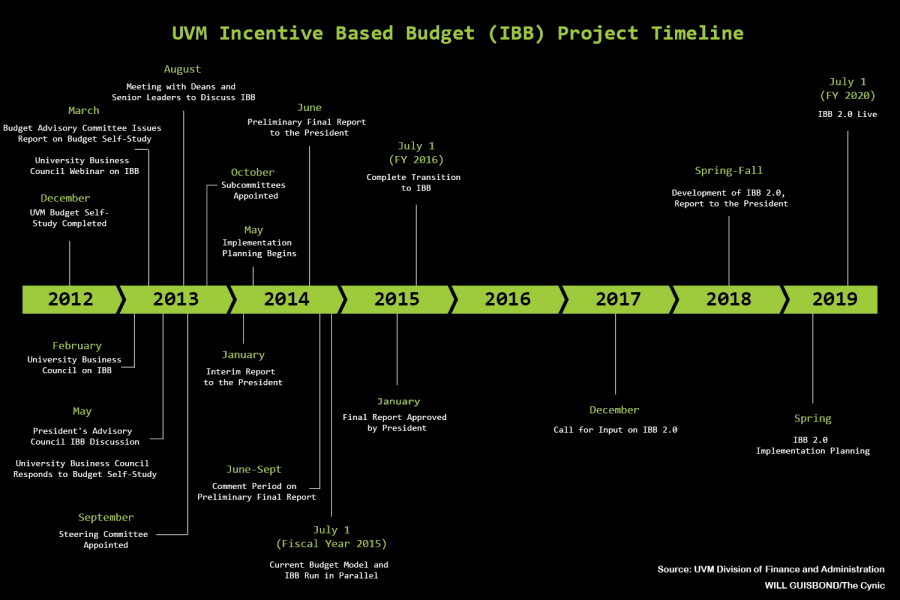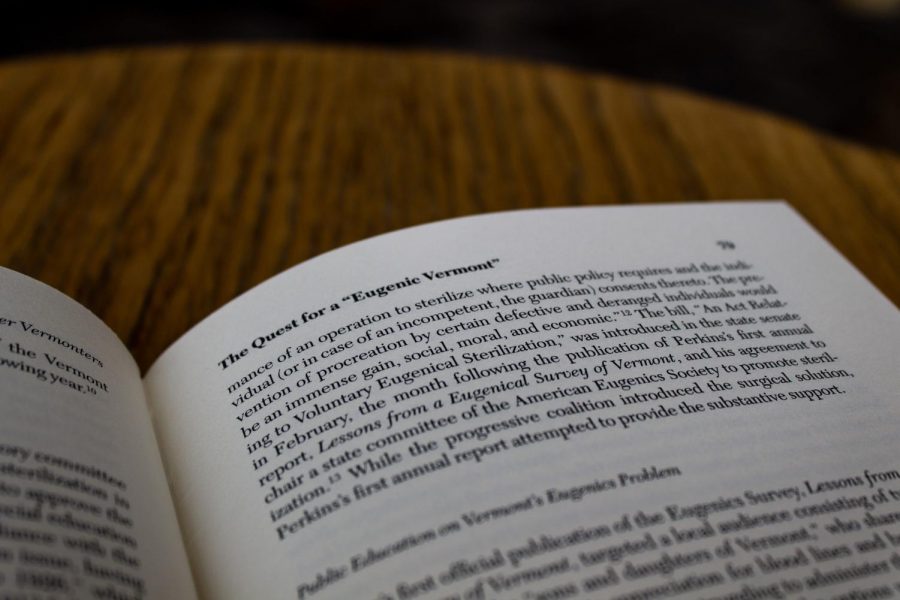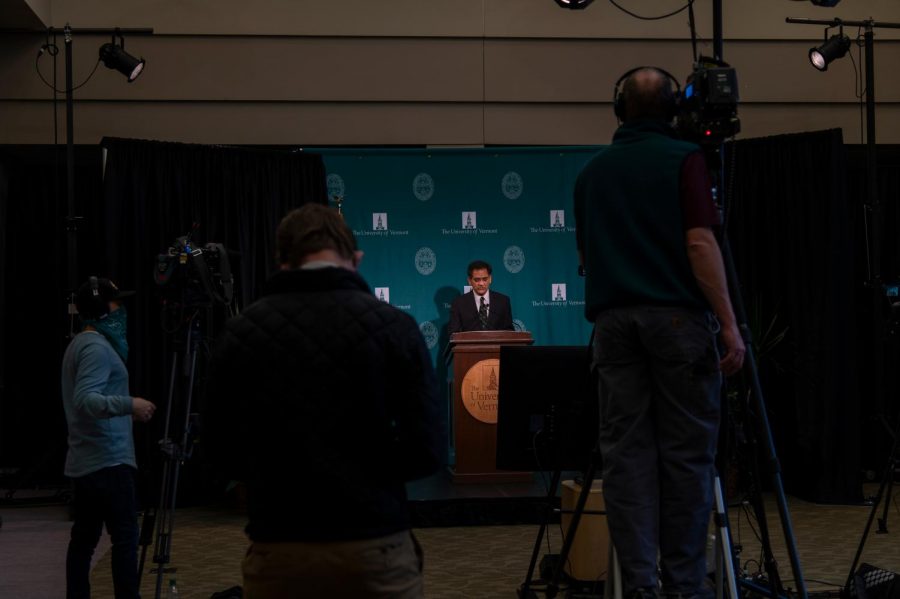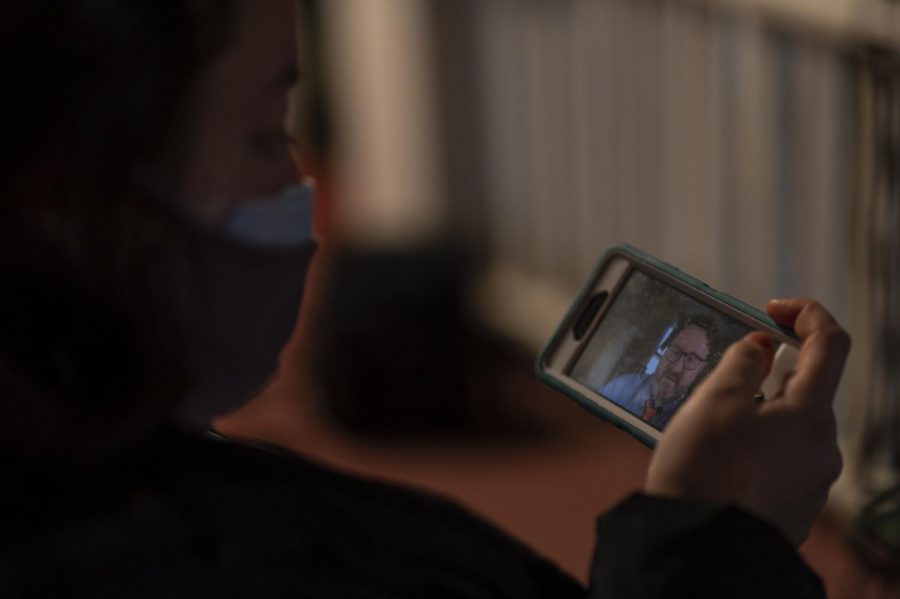Even though there is a lot of activism on the UVM campus, what is the climate like at other universities and colleges? Have any universities agreed to give all workers living wages including costs for all basic necessities? Georgetown University and Washington University have taken recent steps to give workers favorable contracts including better wages. This article examines these contracts and the lingering questions of student activists.
Twenty-six Georgetown students had a nine day hunger strike in March of 2005. In response to the University’s unwillingness to comply with activists, Student President Pravin Rajan said, “We wholeheartedly support living wage’s passion for improving workers’ lives. These workers are a silent but integral part of our community.” (Georgetown University Student Association, March 14, 2005) The student president listed some benefits the university should provide such as increased daycare, effective ESL programs, and equal wages for University employees and contract workers.
The hunger strike ended as the Just Employment Policy (available at the Georgetown website) was created by Senior Vice President Spiros Dimolitsas and the Advisory Committee on Business Practices (ACBP). All of the information concerning Georgetown’s worker contracts can be found at the Georgetown University website (http://www.georgetown.edu/svp/acbp.html).
One of the goals of the Just Employment Policy is to give workers livable wages. The minimum wages of contract workers, such as cleaning staff and food service, are lower than directly hired University employees. Before July 1st, 2005, the total compensation for full-time contract workers was a minimum of $11.33/hr. After July 1st, 2005, the total compensation was raised to a minimum of $13.00/hr. Starting July 1st, 2007, the total compensation is supposed to increase to $14.00/hr. After this point, the wages are supposed to change along with the Consumer Price Index (CPI-W). This takes into account changes in the market such as inflation.
The Just Employment Policy also grants many other rights to workers such as equal access; this includes “library privileges, English as a Second Language courses, Georgetown University Transportation Shuttles, and general financial planning information.” Some other rights are freedom of association, job security, union representation when desired, and part time work if and only if full time work is unavailable (assuming the employee wants full time work). This is similar to some of the goals of United Academics (faculty) at UVM.
The Living Wage Action Center (LWAC) — found at http://www.livingwageaction.org/index.htm — was formed by activist students from some colleges such as Georgetown and Washington University. Even though Georgetown has implemented policies that are supposed to benefit workers, it is questionable whether the University has abided by these policies.
According to the LWAC, certain members of the cleaning staff were still being paid less than $10/hr in August of 2005. On November 3rd, 2005, the Georgetown Solidarity Community had a rally and submitted a letter to the President and Vice President stating that the University is not paying the increased wages that they were supposed to. They claimed that the living wages, which the University mentioned in the Just Employment Policy, were not being met. These wages are supposed to be able to pay for “housing, health care, child care, transportation, taxes, food, and other basic necessities.”
There was also a press release entitled “Workers Speak Out: Janitors Not Receiving Living Wage as Promised; Demand Better Wages and Benefits and Transparency by Nov. 14, 2005.” During the rally, Sylvia Garcia, a janitor, spoke out about the injustices. According to the article, “her speech clearly indicates the disparity between what the workers are receiving and the policy the University believes it is implementing.” The Georgetown Solidarity Community was asking for detailed descriptions of the compensation packages from the Just Employment Policy.
There has also been much student protest in Washington University in St. Louis. According to “SLActivists at Washington University Sit-In for Fair Wages,” written in Summer 2005 SLActivist News, Washington University agreed to give one million dollars to low wage workers over the course of the following two years; in addition a committee of administration, faculty, and students was created that helps to serve the needs of workers directly hired by the university and contract workers. This and other agreements were negotiated after an 18-day sit-in; this was the second longest one where students advocated for livable wages.
It is clear there was a huge push from student and worker activists in Georgetown University and Washington University. Student activists gave a valiant effort at supporting workers’ rights. In response, the Universities implemented policies that increased wages for contract workers. Are the Universities following these policies? How is Georgetown, in particular, going to compensate for the increased wages? These important questions remain unanswered.
UVM has taken some measures to show appreciation to the staff such as Staff Recognition Week. There were several events held September 12-19th such as a Social on the Green where lunch was served. There was also Facilities Appreciation Week in October; students in some dorms signed and then placed very large thank you notes on bathroom doors or walls.
These events help to create a better environment for workers, but do not in any way replace the need for fairer contracts for all workers. Workers who don’t receive enough money to cover basic necessities still suffer. What is the minimum wage for UVM university employees and contract employees such as Sodexho workers? Does UVM have a climate able to create a massive movement comparable to that of Georgetown University or Washington University? All these questions remain.
















